
Join 10k+ people to get notified about new posts, news and tips.
Do not worry we don't spam!

Post by : Raman
Former US President Donald Trump has admitted that his decision to impose tariffs on India for buying Russian oil caused a strain in relations between the United States and India. Speaking in a recent interview, Trump said, “India was their biggest customer. I put a 50 per cent tariff on India because they're buying oil from Russia. That’s not an easy thing to do. That’s a big deal and it causes a rift with India.”
This revelation sheds light on the growing tension between the two countries over energy trade, tariffs, and geopolitical alignments. The move has sparked debates among policymakers, businesses, and citizens in both nations.
Trump imposed a series of tariffs on Indian imports, citing concerns over India’s growing energy ties with Russia. The most recent levy added a 50% tariff on all Indian goods, on top of the pre-existing 10% baseline import duty. Earlier, Trump had also applied a 25% import duty on Indian goods in early August 2025. The president defended his actions, explaining that India’s oil purchases from Russia played a role in the broader geopolitical situation, particularly the Russia-Ukraine conflict.
According to Trump, these tariffs were intended to penalize India for being a major buyer of Russian crude oil, which the former president believed indirectly supported Russia’s military operations. The tariffs, however, strained the historically friendly ties between the US and India, causing friction in trade discussions and diplomatic relations.
Despite the US tariffs, India has maintained that its energy decisions are guided by national interest and market conditions. India continues to purchase oil from Russia, arguing that it is necessary to ensure energy security and stable domestic prices. The Indian government emphasized that these decisions are independent and based on economic rationale rather than political influence.
Union Minister Piyush Goyal stated that India remains in active dialogue with the US to resolve trade issues. While tensions remain over tariffs, both sides have expressed willingness to negotiate. Meanwhile, India is also engaging with the European Union to explore further trade agreements, reflecting its broader strategy of diversifying partnerships and maintaining economic stability.
The imposition of tariffs created an immediate need for trade talks between the US and India. Trump’s close aide, Sergio Gor, who is also a nominee for US Ambassador to India, highlighted the deep friendship between the leaders of both nations. Gor emphasized that the US and India were “not that far apart” in reaching a trade deal despite the tariff controversy.
Trade talks have focused on addressing the impact of these high tariffs on Indian exports, which include textiles, pharmaceuticals, and machinery. Indian businesses have expressed concern that tariffs reduce their competitiveness in the US market, potentially affecting employment and overall economic growth.
The tariffs have had significant economic and political implications. For India, the 50% tariff on goods exported to the US has made some Indian products considerably more expensive in the American market. Businesses fear reduced demand, leading to potential revenue losses and setbacks in sectors that rely heavily on US imports.
Politically, the tariffs created tensions at the diplomatic level. Former US officials, Indian policymakers, and international trade experts have debated whether such unilateral measures benefit strategic relations. While Trump viewed the tariffs as a necessary step to counter Russian influence, critics argue that it disrupted a valuable US-India partnership and could encourage India to strengthen ties with other nations, including China and Russia.
In his interview, Trump reflected on the broader consequences of his decision, stating, “But I’ve already done it. I’ve done a lot.” He pointed out that the tariffs were also part of a larger issue related to Europe’s energy dependence on Russia, suggesting that the US was taking a leading stance in global energy politics.
Trump acknowledged that the tariffs “caused a rift with India,” indicating awareness of the diplomatic fallout. However, he maintained that the measures were necessary to address concerns about energy and security while reinforcing American influence on the global stage.
India and the US continue to work toward resolving trade tensions. Negotiations are underway to find a mutually beneficial solution that balances India’s energy requirements with the US’s geopolitical interests. Both nations recognize the importance of maintaining strong bilateral relations, particularly in areas such as technology, defense, and climate initiatives.
Sergio Gor stressed that despite past disagreements, the US and India share strategic interests and cultural ties that provide a foundation for continued cooperation. With ongoing discussions, experts believe a compromise can be reached, potentially including adjustments to tariffs or incentives to support trade growth.
Trump’s admission about the tariffs highlights the complex interplay between politics, trade, and international relations. While the US aimed to counter Russian influence, India prioritized energy security and market needs. The situation underscores the delicate balance required in diplomacy, where economic measures can have wide-ranging impacts on bilateral relations.
As both countries continue dialogue, there is hope that they will navigate these challenges carefully, ensuring that strategic partnerships are not weakened by temporary disagreements. Maintaining open communication, respecting national interests, and promoting shared values will be key to strengthening US-India ties in the years ahead.
Donald Trump, India US trade, US tariffs on India, India Russia oil, US-India relations, Trump India interview
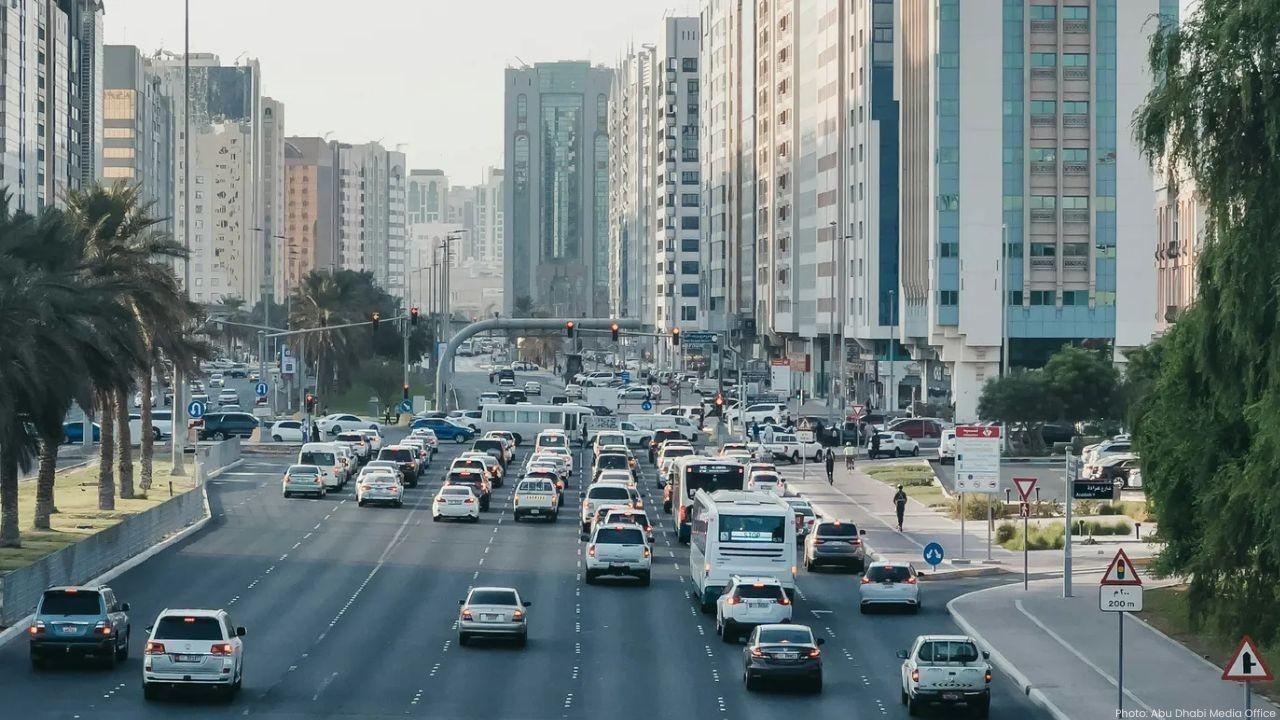
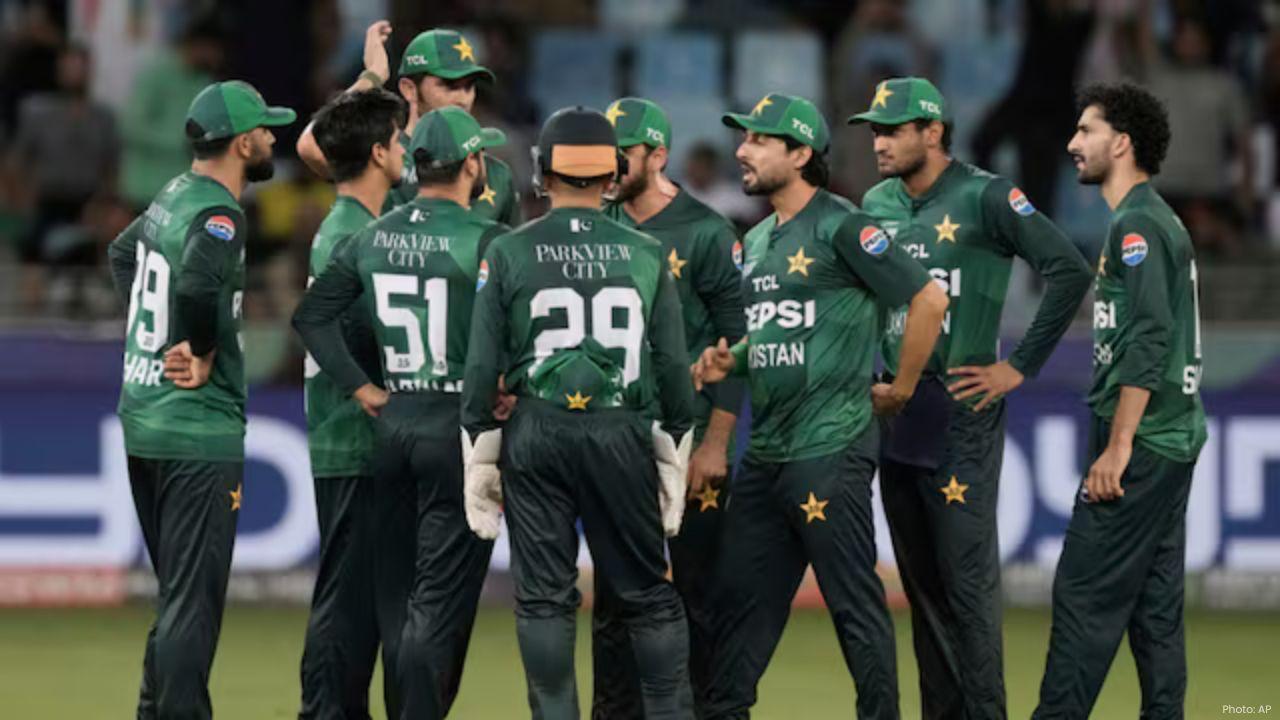
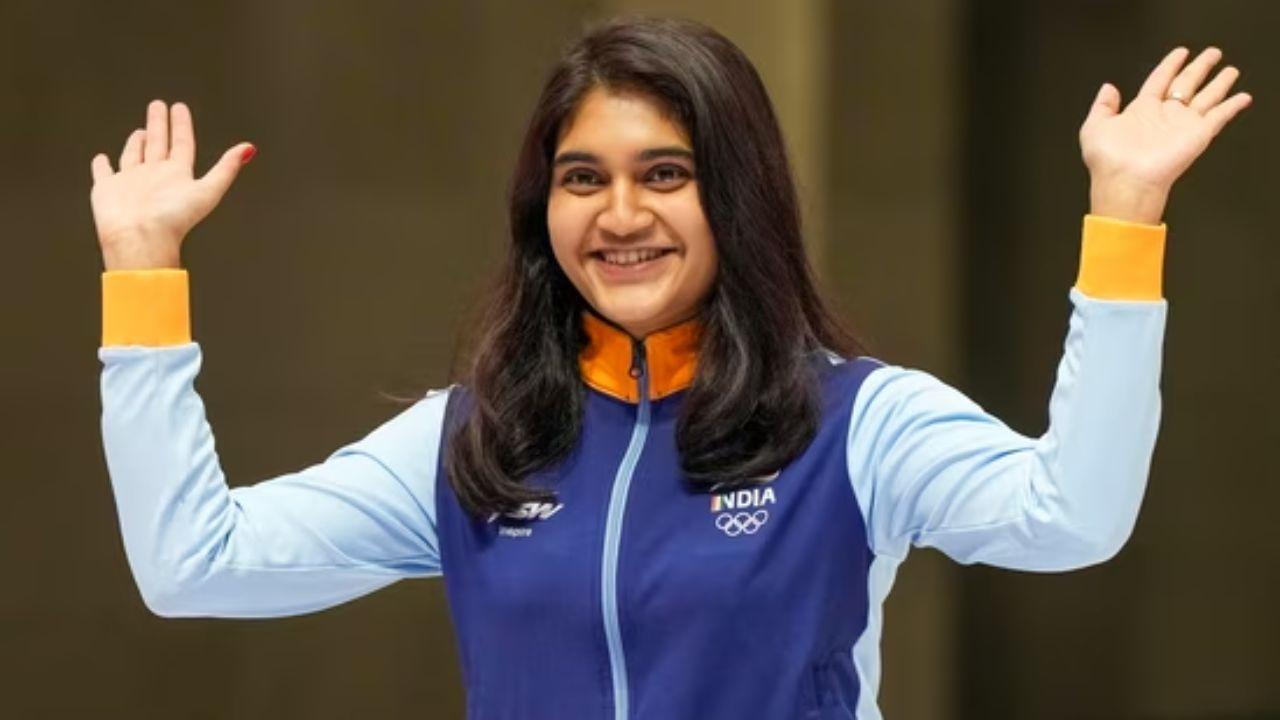

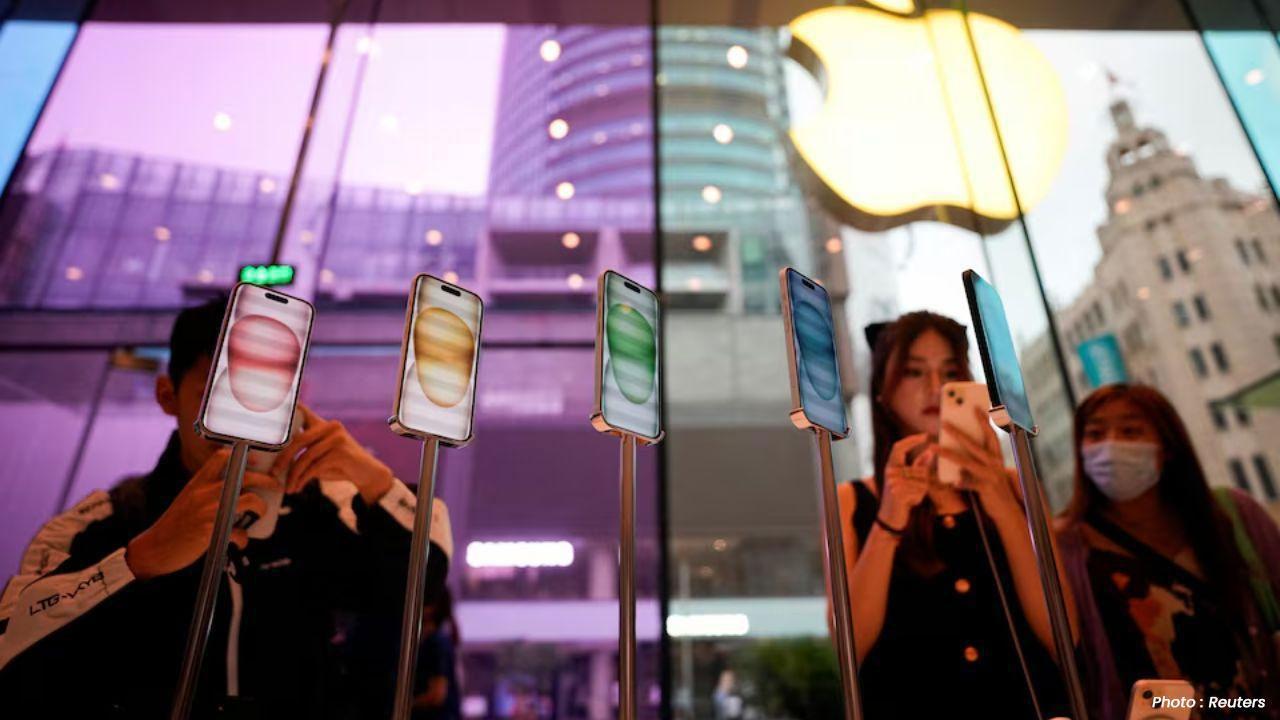
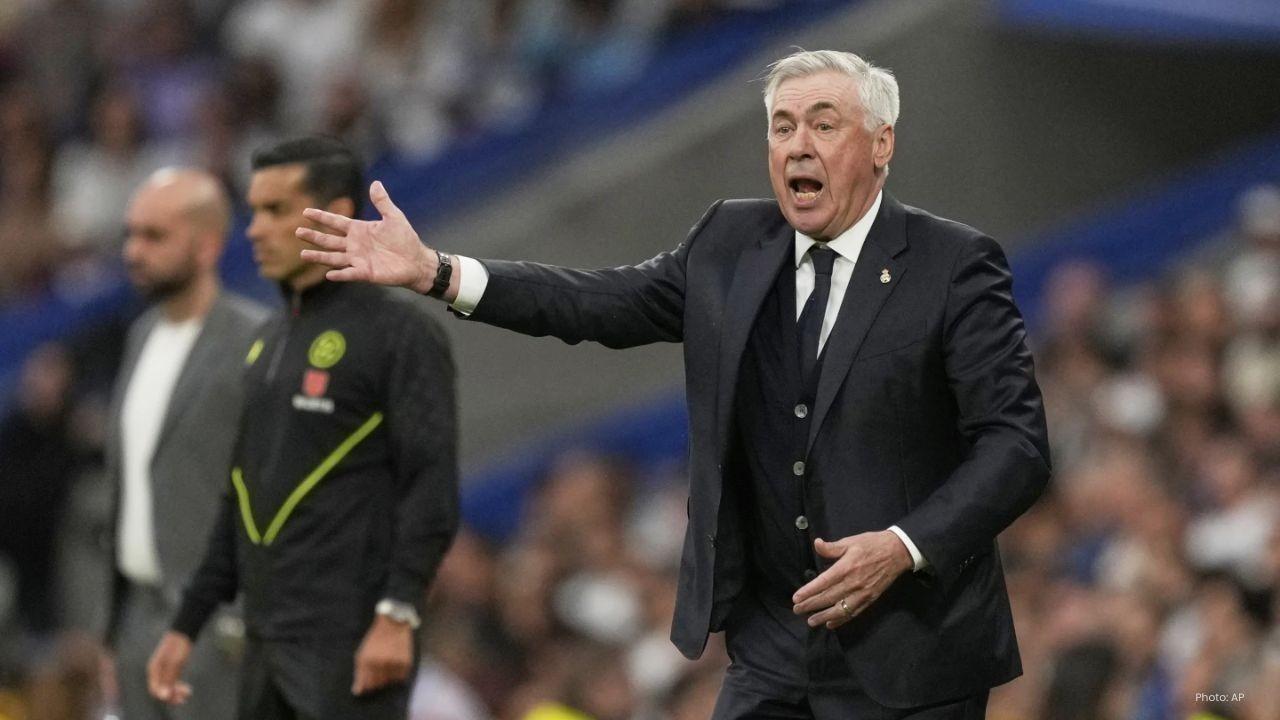
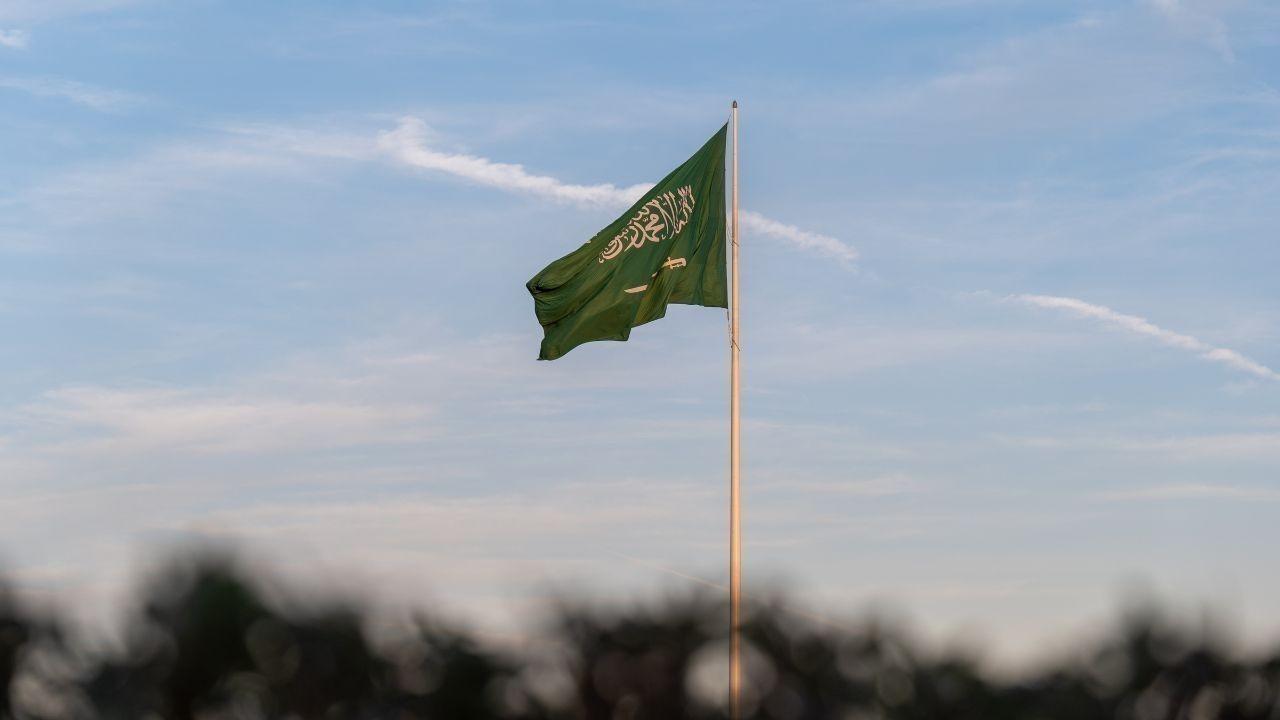
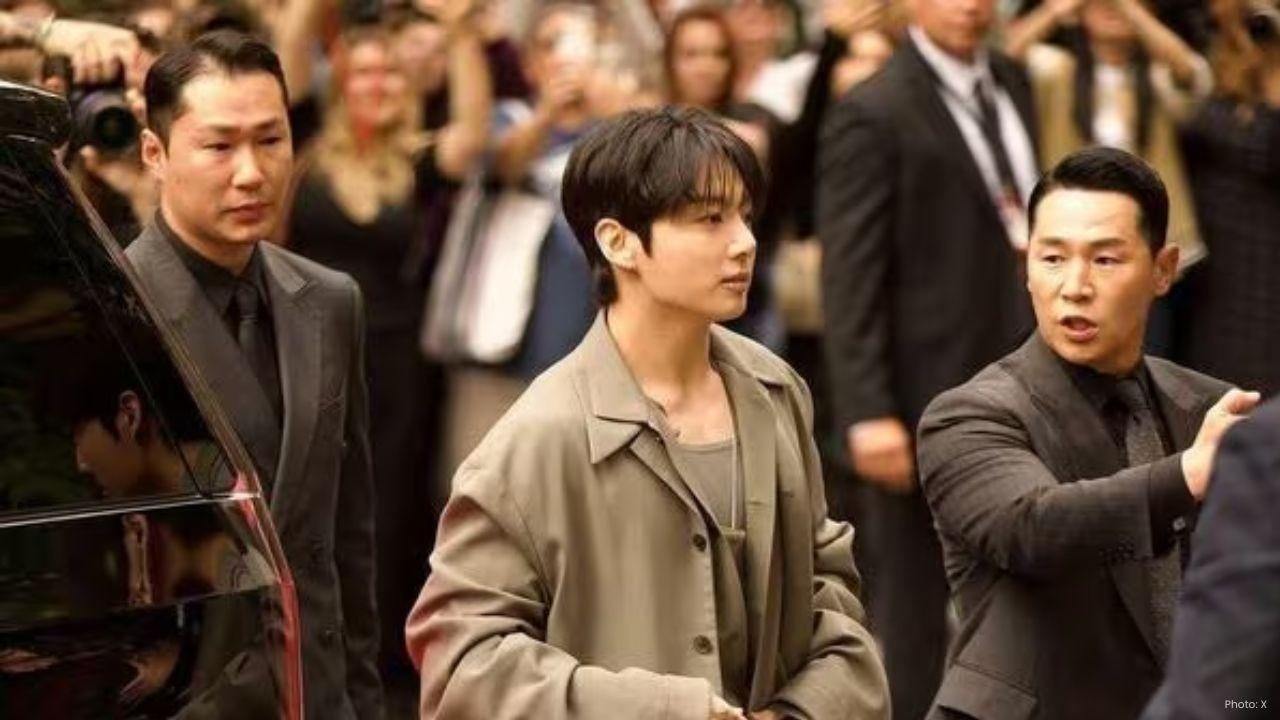
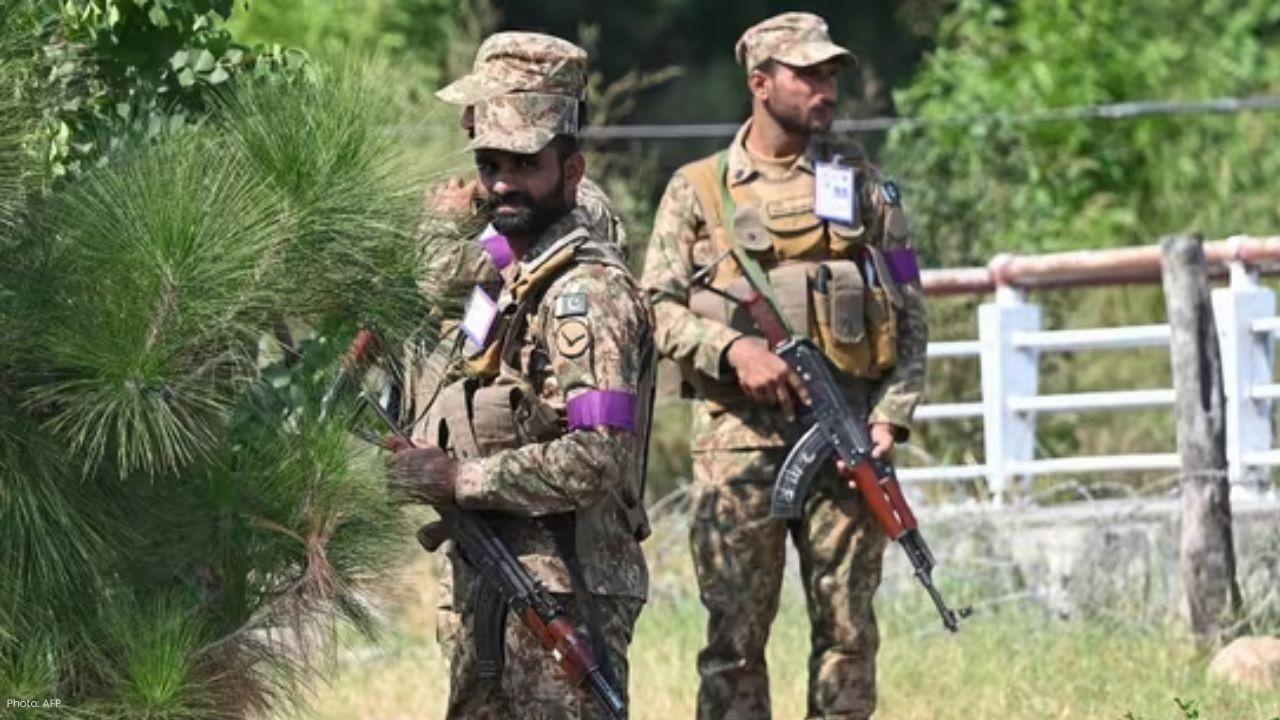

Esha Singh Wins Gold in 10m Air Pistol at ISSF World Cup 2025 India Shines
Esha Singh secures India’s first gold at ISSF World Cup 2025 in Ningbo, beating top shooters in a th

Neymar won’t have problems securing Brazil World Cup spot if in top shape, says Ancelotti
Brazil coach Ancelotti says Neymar must prove physical fitness to earn a place in the 2026 World Cup
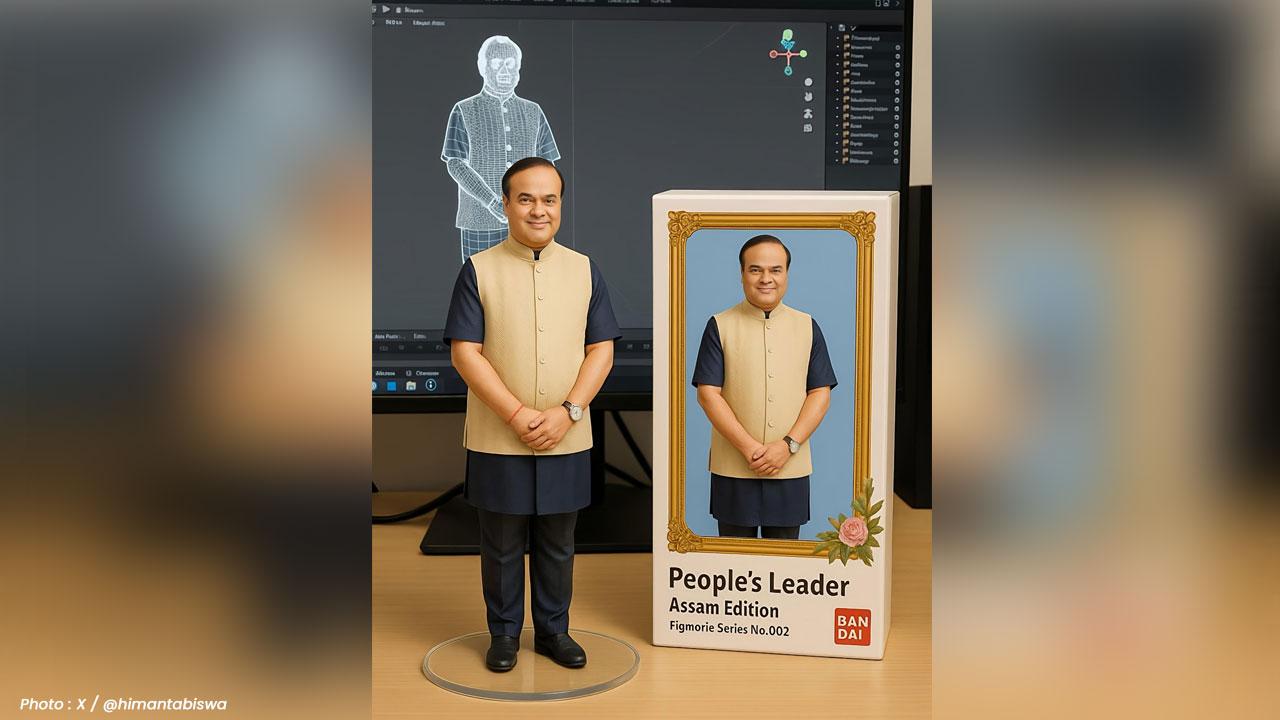
Google Gemini Nano Banana Trend Lets You Create Realistic 3D Figurines
Turn your photo into a lifelike 3D figurine for free with Google Gemini’s Nano Banana trend. Fun, ea
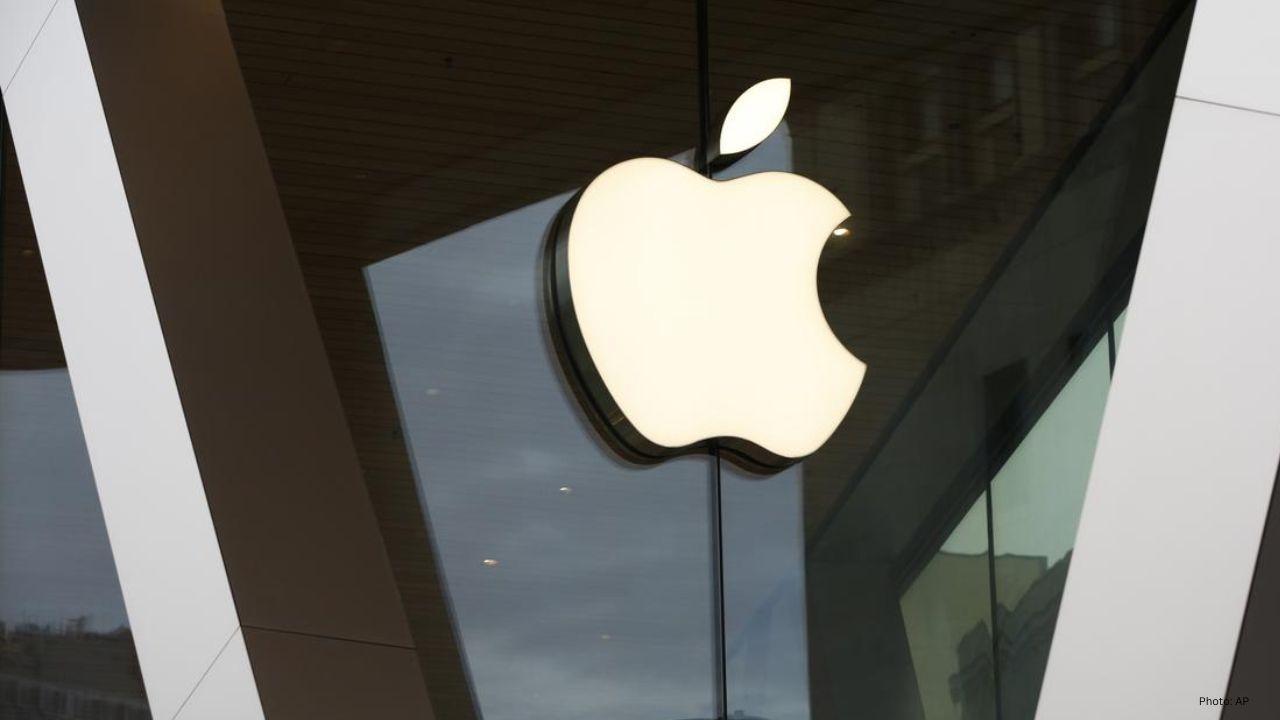
Apple AI Leader Robby Walker Quits Amid Delays in Siri
Apple AI chief Robby Walker is leaving after a decade, raising concerns as Siri upgrades face delays
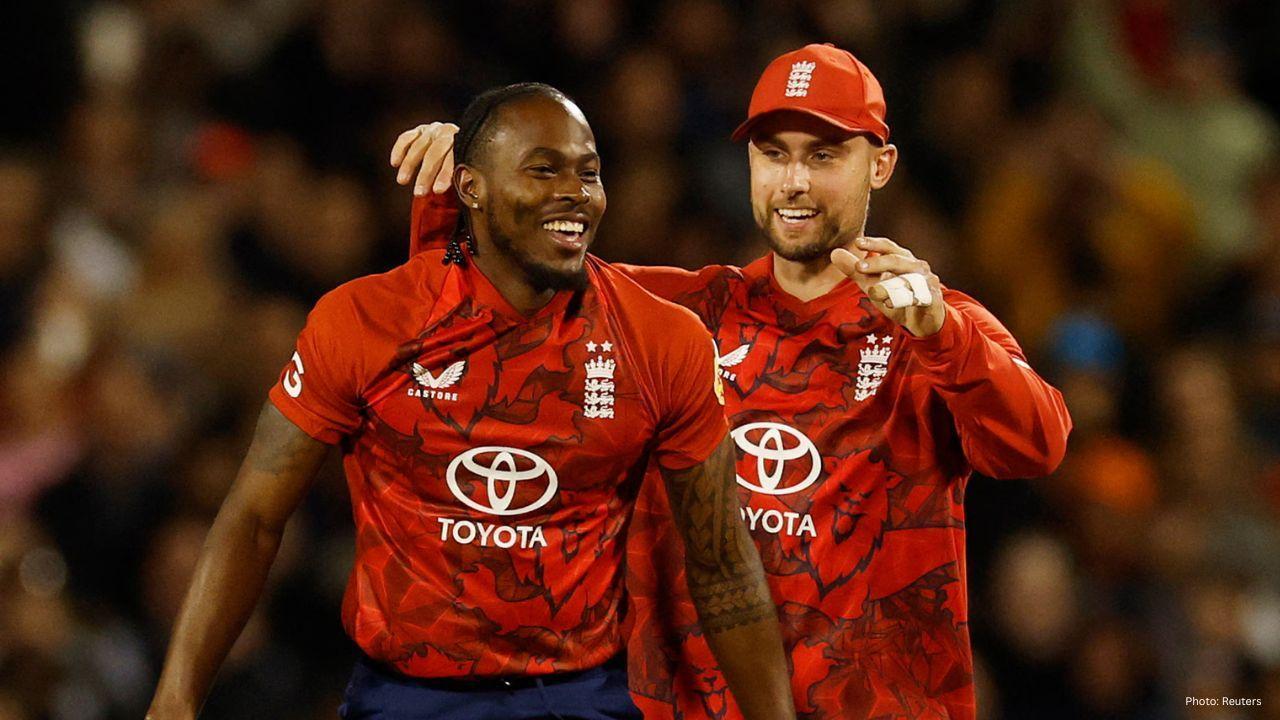
Phil Salt’s Record 141 Powers England to Big T20 Win
Phil Salt hit 141 not out as England smashed 304 runs to crush South Africa by 146 in the 2nd T20 at
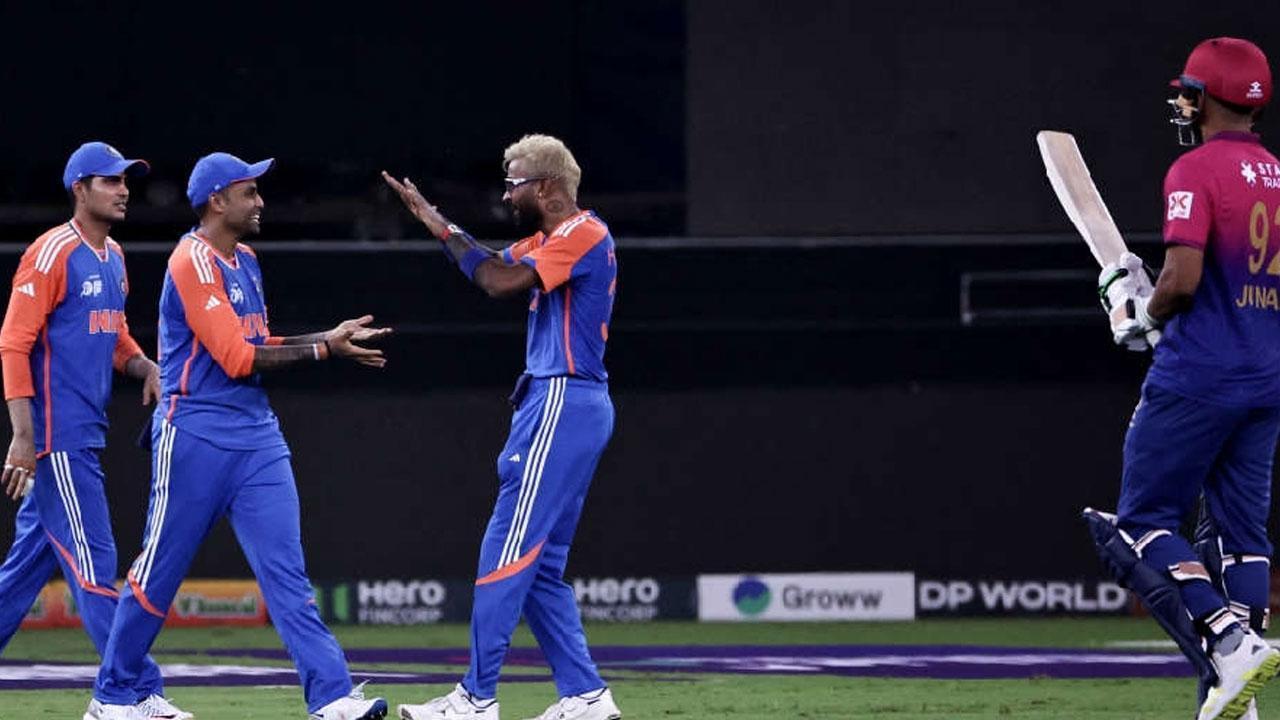
India Dominates UAE by 9 Wickets in Asia Cup 2025 Opener with Brilliant Bowling
India dominates UAE in Asia Cup 2025 opener, winning by 9 wickets with Kuldeep Yadav shining and a q